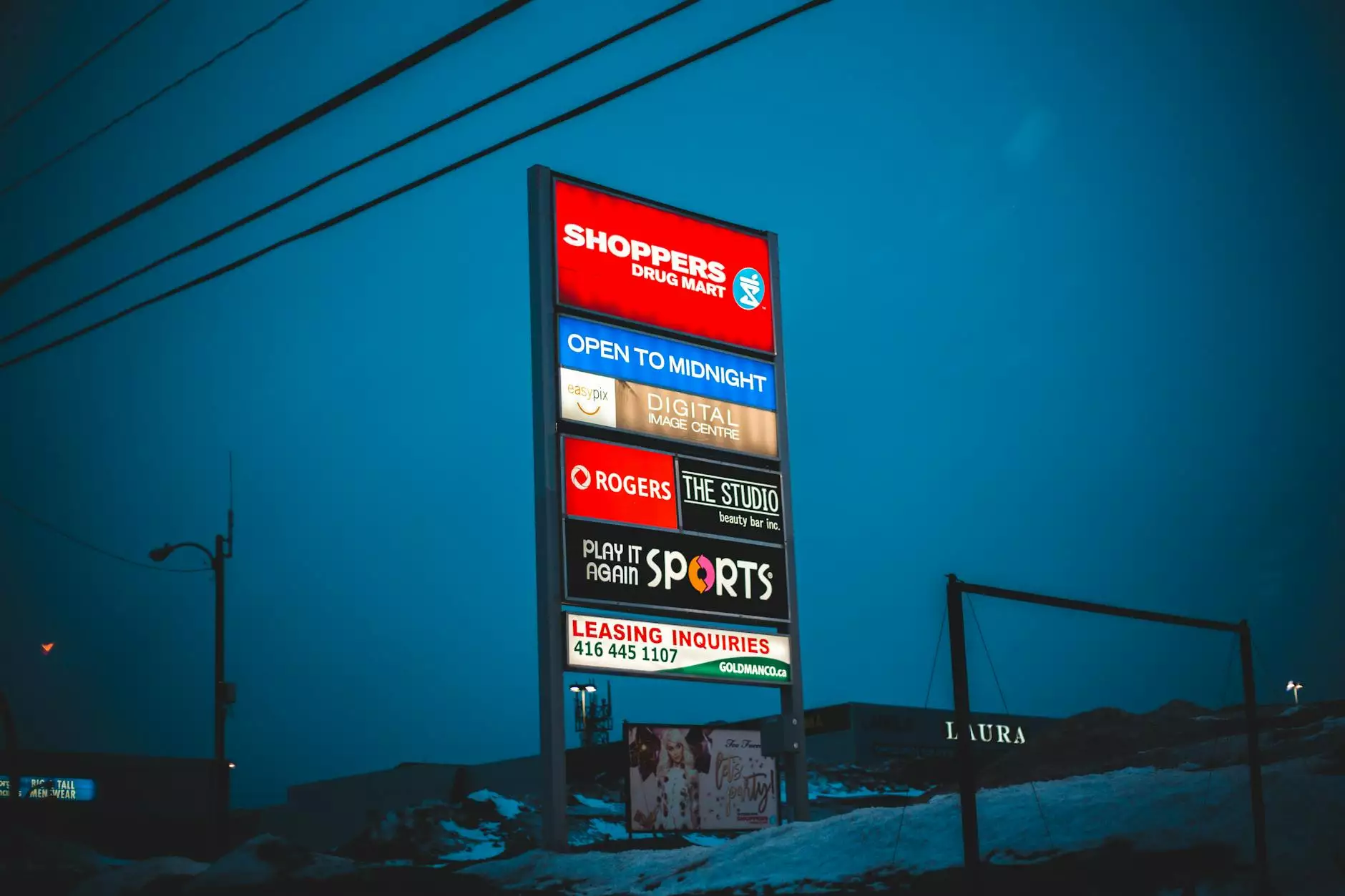Essential Questions to Ask Before Signing a Commercial Lease

When embarking on the journey to sign a commercial lease, making informed decisions is critical to the success of your business. Whether you're a startup seeking your first location or an established company planning to expand, understanding the nuances of your lease agreement can save you from future headaches and financial burdens. To empower you in this process, we've compiled a list of questions to ask before signing a commercial lease. By addressing these crucial aspects, you can ensure that the terms align with your business needs and objectives.
1. What is the Total Cost of the Lease?
The first question should focus on comprehending the total financial commitment involved. In addition to the base rent, you must ask about:
- Utilities: Understand if water, electricity, gas, or garbage services are included.
- Maintenance: Determine whether you'll be responsible for maintenance costs.
- Property Taxes: Clarify if these are included in your lease payments.
- Insurance: Inquire about the type and cost of insurance you need to procure.
By getting a clear picture of the total costs associated with the lease, you can budget effectively and avoid unexpected expenses.
2. What is the Lease Term?
Understanding the duration of the lease is vital for establishing your business's future. Most commercial leases have terms ranging from one to five years, with options for renewal. Ask about:
- The fixed duration of the lease.
- Conditions regarding renewal options.
- What happens if you wish to stay longer or need to vacate sooner.
Flexibility can be key in a volatile market, so ensure the lease term meets your long-term strategic goals.
3. Are There Any Rent Escalations?
Rent escalations can significantly impact your business's financial planning. Inquire about:
- Scheduled increases: Will your rent increase at regular intervals?
- Percentage increases: What percentage can you expect each time?
- Caps on increases: Are there limits to how much rent can increase?
Understanding the rent escalation structure enables you to forecast future expenses accurately.
4. What Are the Permitted Uses of the Space?
Ensuring that the leased space suits your business's activities is key to your operational success. Ask about:
- Specific activities allowed: Are there restrictions that could impede your business operations?
- Future business changes: Will you be able to pivot your business model without breaching the lease?
This question is particularly important for businesses in specialized sectors such as food and beverage or retail, where zoning regulations may apply.
5. What Alterations Am I Allowed to Make?
Modifying your space to fit your needs is often essential for productivity and brand representation. Ask the landlord:
- What kind of alterations are permitted?
- Is prior approval required, and what does that involve?
- Are there restrictions or guidelines for alterations?
Knowing these details helps you plan renovations or changes according to your vision without facing legal repercussions.
6. What Happens If I Need to Terminate the Lease Early?
Business conditions can change rapidly. Make sure you understand the ramifications of ending the lease prematurely by asking:
- If there are penalties associated with early termination.
- What conditions apply to terminate the lease early – such as notice periods?
This knowledge will help you avoid hefty fees or disputes in the future.
7. Is There a Security Deposit, and What Are the Terms for Return?
Almost all commercial leases require a security deposit. Clarify:
- The amount required and what it covers.
- Conditions under which it is retained or returned.
- The timeline for the return of the deposit after vacating the premises.
Understanding these terms can prevent disputes when it’s time to move on.
8. What Are the Maintenance and Repair Responsibilities?
Clarifying responsibilities for maintenance and repairs is crucial. Ask:
- Which party is responsible for general upkeep and emergency repairs?
- Are there specific obligations for maintaining the property?
Understanding this helps you budget for service costs and ensures that the work meets necessary standards.
9. Are There Any Restrictions on Signage?
A strong business identity often relies on proper signage. Ensure that you understand:
- Regulations regarding exterior signage: Are there size, lighting, or materials restrictions?
- Interior signage restrictions: Can you decorate the interior as per your branding expectations?
This information can impact your visibility and brand image in the market.
10. What Are the Options for Subleasing?
Flexibility can be a lifesaver if your business needs change. Make sure to ask:
- If subleasing is allowed and under what conditions.
- What approval process must be followed to find a sublessee.
Having options for subleasing can help mitigate losses if you need to exit the lease prematurely.
11. What Happens in Case of a Dispute?
Understanding dispute resolution processes can alleviate conflict situations before they arise. Inquire about:
- The methods for resolving issues between landlords and tenants.
- If arbitration or mediation is required before legal action.
This knowledge prepares you for potential disagreements and protects your rights as a tenant.
12. Are There Specific Zoning Laws That Apply?
Zoning laws can directly impact your business operations. Ask:
- If the property is zoned for your intended use.
- Whether there are historical zoning restrictions that could affect your business.
This is particularly important for businesses that require specific licenses or permits.
13. What is the Landlord’s Track Record?
An informed tenant is a prepared tenant. Researching the landlord’s reputation can provide insights into their reliability. Ask:
- How long have they been in the property management business?
- Can they provide references from past tenants?
Understanding their past interactions can give you an indication of how they might handle future dealings, including responsiveness and fairness.
14. Can I See the Property’s Historical Performance or Occupancy Rates?
If applicable, reviewing data about the property’s past can help you assess potential risks. Inquire about:
- The average occupancy rates over the past several years.
- Any anecdotes or data that indicate tenant satisfaction or issues.
This information provides valuable context for your leasing decision and the potential longevity of your business in that space.
Conclusion
In conclusion, taking the time to ask these questions to ask before signing a commercial lease can save you significant time, money, and frustration in the long term. As you navigate the complex world of commercial real estate, ensuring that you have a firm grasp on the lease terms will empower you to make a decision that supports your business's growth and stability.
Always consider consulting a lawyer or a seasoned real estate professional before finalizing any agreements. Their expertise can provide additional layers of protection and guidance in navigating the complexities of commercial leases.
With these insights in hand, you are now better prepared to enter the leasing market with confidence, ensuring that your new space will be one that fosters your business’s success.









